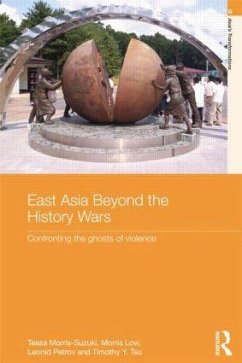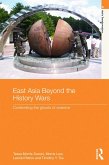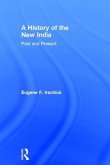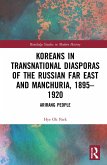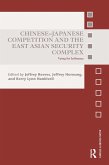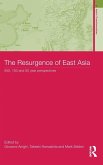East Asia is now the world's economic powerhouse, but ghosts of history continue to trouble relations between the key countries of the region, particularly between Japan, China and the two Koreas. Unhappy legacies of Japan's military expansion in pre-war Asia prompt on-going calls for apologies, while conflicts over ownership of cultural heritage cause friction between China and Korea, and no peace treaty has ever been signed to conclude the Korean War. For over a decade, the region's governments and non-government groups have sought to confront the ghosts of the past by developing paths to reconciliation. Focusing particularly on popular culture and grassroots action, East Asia beyond the History Wars explores these East Asian approaches to historical reconciliation. This book examines how Korean historians from North and South exchange ideas about national history, how Chinese film-makers reframe their views of the war with Japan, and how Japanese social activists develop grassroots reconciliation projects with counterparts from Korea and elsewhere. As the volume's studies of museums, monuments and memorials show, East Asian public images of modern history are changing, but change is fragile and uncertain. This unfinished story of East Asia's search for historical reconciliation has important implications for the study of popular memory worldwide. Presenting a fresh perspective on reconciliation which draws on both history and cultural studies, this book will be welcomed by students and scholars working in the fields of Asian history, Asian culture and society as well as those interested in war and memory studies more generally.
Hinweis: Dieser Artikel kann nur an eine deutsche Lieferadresse ausgeliefert werden.
Hinweis: Dieser Artikel kann nur an eine deutsche Lieferadresse ausgeliefert werden.

